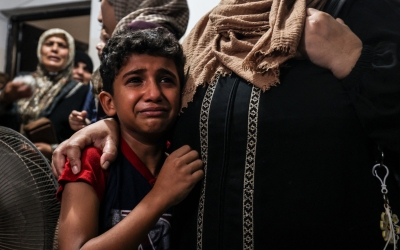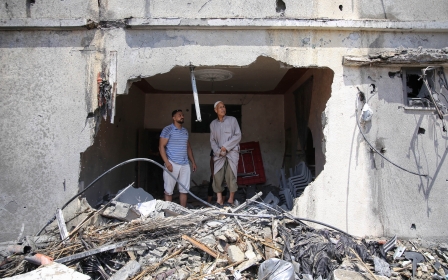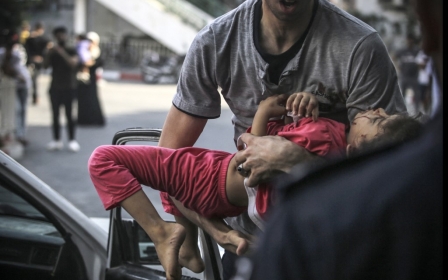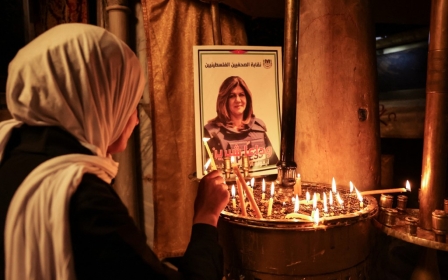Israel and assassinations: UN calls them illegal, so why is there no accountability?
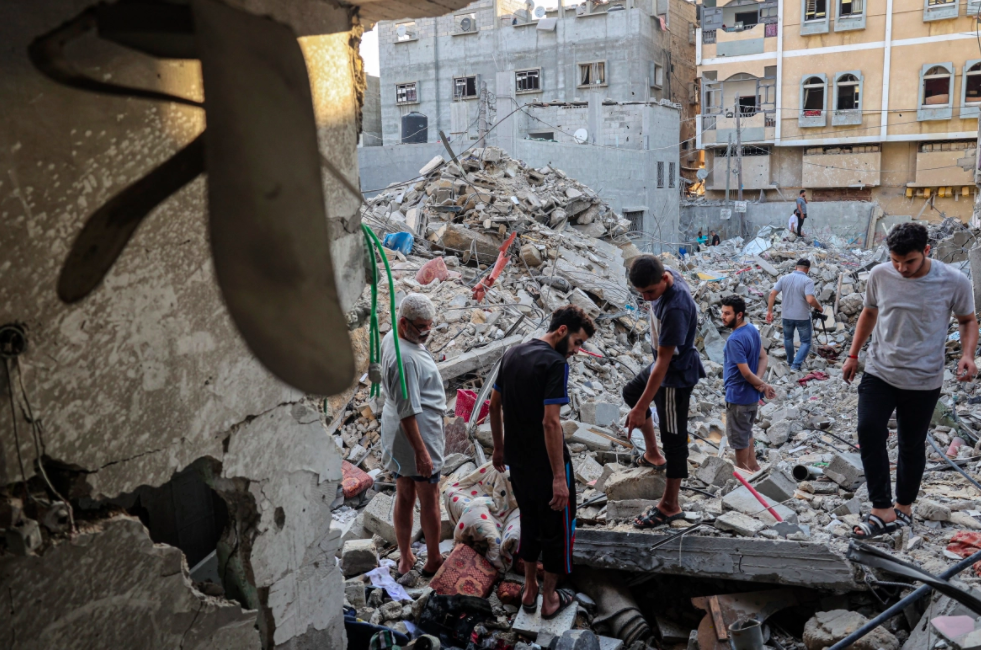
Israel's devastating air strikes on Friday, which pummelled the Gaza Strip and killed a senior member of the Palestinian Islamic Jihad (PIJ), were part of a long line of assassinations in the occupied territories.
Israeli forces shattered the relative calm of the besieged Gaza Strip when they bombed an apartment building in the centre of Gaza City, killing Taiseer al-Jabari, Islamic Jihad's northern commander, and at least 14 other Palestinians, including a five-year-old girl and a 23-year-old woman.
Before a ceasefire came into effect on Sunday, the death toll in Gaza stood at 44, with at least 15 children among those killed.
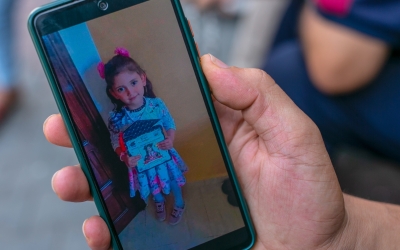
Shortly after the air strikes began on Friday, Israel justified its bombing campaign, arguing that it was targeting the PIJ in response to an "imminent threat".
While it has yet to expand on the alleged threat, Jabari's assassination has raised a host of legal and political questions, particularly: on what grounds does Israel justify its actions? After all, Jabari was killed in a strike on a residential building with no discernable military value.
The UN's special rapporteur on the situation of human rights in the Palestinian Territory occupied since 1967, Francesca Albanese, swiftly condemned the Israeli operation, arguing that under international law, the use of force was only permitted in self-defence.
"Operation Breaking Dawn is a flagrant act of aggression," said Albanese, adding that it was: "illegal. Immoral. Irresponsible."
Increasing assassinations
In February, Israeli forces assassinated three members of Fatah's al-Aqsa Martyrs Brigades in broad daylight in the occupied West Bank.
Armed Israeli soldiers surrounded the vehicle and fired more than 80 rounds at the occupants in what the Palestinian Foreign Ministry said was tantamount to a "field execution".
In April, Israeli forces killed three members of the Palestinian al-Quds Brigades, the military wing of the PIJ movement.
Following the killing of Jabari on Friday, Israel assassinated another senior member of the group on Saturday, Khaled Mansour.
'[The international community] continues to allow Israel to act with impunity in its treatment of Palestinians'
- Mairav Zonszein, International Crisis Group
In a report, the Palestinian human rights group Al-Haq condemned the "extrajudicial killings", which it said had "become symbolic of [Israel's] disregard for international law and the culture of impunity that surrounds these breaches".
The International Covenant on Civil and Political Rights (ICCPR) says that "no one shall be arbitrarily deprived of his life" and that the right to life cannot be derogated from, even "[i]n time of public emergency which threatens the life of the nation", a principle Al-Haq accused Israel of regularly flouting.
Israel uses "targeted assassinations" as a regular policy tool on several fronts, whether in Iran, the West Bank, or Gaza, says Mairav Zonszein, a senior analyst on Israel-Palestine at the International Crisis Group.
"While it claims this is how it removes the threats posed by specific groups, in the current case of Islamic Jihad, it's arguable whether it is effective in the long and even short term, as leaders are always replaced, and in many cases, it paves the way for even more hardliners," Zonszein told Middle East Eye.
With the US ambassador to Israel defending Israel's "right to protect itself", the international community "continues to allow Israel to act with impunity in its treatment of Palestinians across the territories it occupies and controls", said Zonszein.
Palestinian attempts to appeal to the International Criminal Court to hold Israel accountable over such actions had been an "uphill battle", said Zonszein, adding that "Israel's economic and political power and the fact that it often uses accusations of antisemitism to silence dissent", made it difficult for Palestinians to achieve justice.
A long history of assassinations
The Israeli government has a long track record of targeted assassinations and, in many ways, has been a pioneer in such killings.
In his book Rise and Kill First: The Secret History of Israel's Targeted Assassinations, Ronen Bergman recounted the events of the 1992 killing of Sheikh Abbas al-Musawi.
Musawi, the then secretary-general of Lebanon's Hezbollah organisation, was travelling with his wife and five-year-old son in Lebanon when Israeli Apache helicopters fired missiles into his motorcade, killing all three of them and four bodyguards.
By Bergman's estimation, Israel has assassinated more than 2,700 people throughout its 70-year history, a tool he described as the country's ability to "stop history" and not have to engage in hard diplomacy and statesmanship.
But it wasn't until the Second Intifada, the Palestinian uprising of 2000-2005, that Israel really ramped up what it calls "targeted killings," a decision that has led to hundreds of assassinations of Palestinians it deemed a threat.
These Israeli operations have also frequently led to Palestinian civilians being killed, leading to widespread condemnation of such tactics.
As a result, in 2021 the UN Human Rights Council (HRC) established an "ongoing" international commission of inquiry to investigate Israeli violations of international humanitarian law and "systematic discrimination and repression based on national, ethnic, racial or religious identity" in the occupied Palestinian territories.
Such international criticism hasn't stopped Israel from denouncing moves to investigate its human rights violations, accusing the HRC of "moral bankruptcy" with an "obsessive bias against Israel".
Israel's latest assault on Gaza and its renewed assassinations policy will again likely revive international pressure for Israel to cooperate with the HRC.
That, however, will be an uphill battle with the US envoy Linda Thomas-Greenfield to the HRC declaring that the body's "disproportionate" attention on Israel needs to end.
The recent spate of assassinations only served to exacerbate tensions on the ground while doing little to move the peace process forward, said Yossi Mekelberg, a senior researcher at Chatham House on MENA issues,
"At the end of the day, if you don't deal with the root causes of the conflict, other people will come and replace them," said Mekelberg.
"The lack of peace process, the blockade, the lack of human rights - that's the essence of this," he added.
Middle East Eye delivers independent and unrivalled coverage and analysis of the Middle East, North Africa and beyond. To learn more about republishing this content and the associated fees, please fill out this form. More about MEE can be found here.


